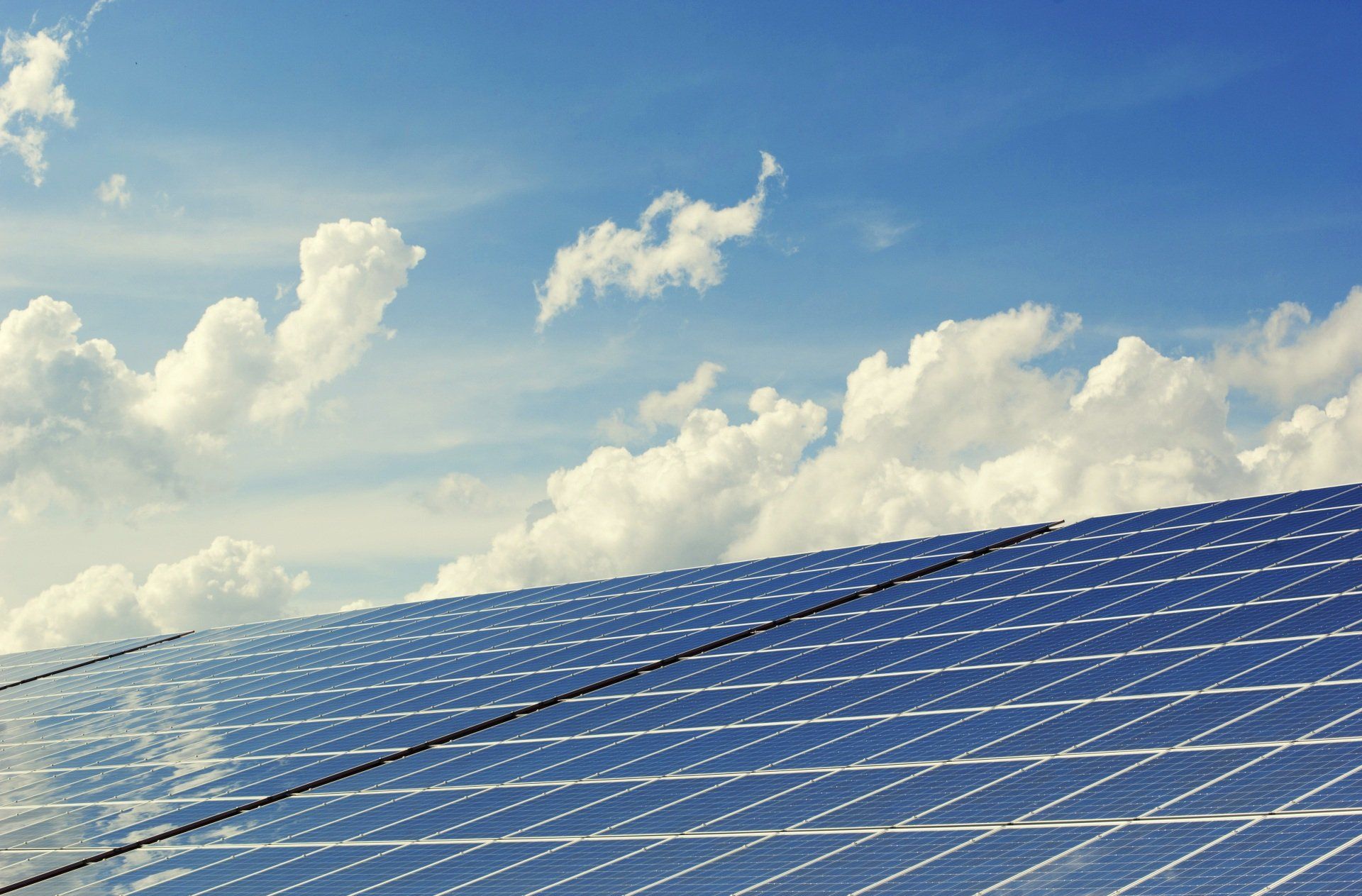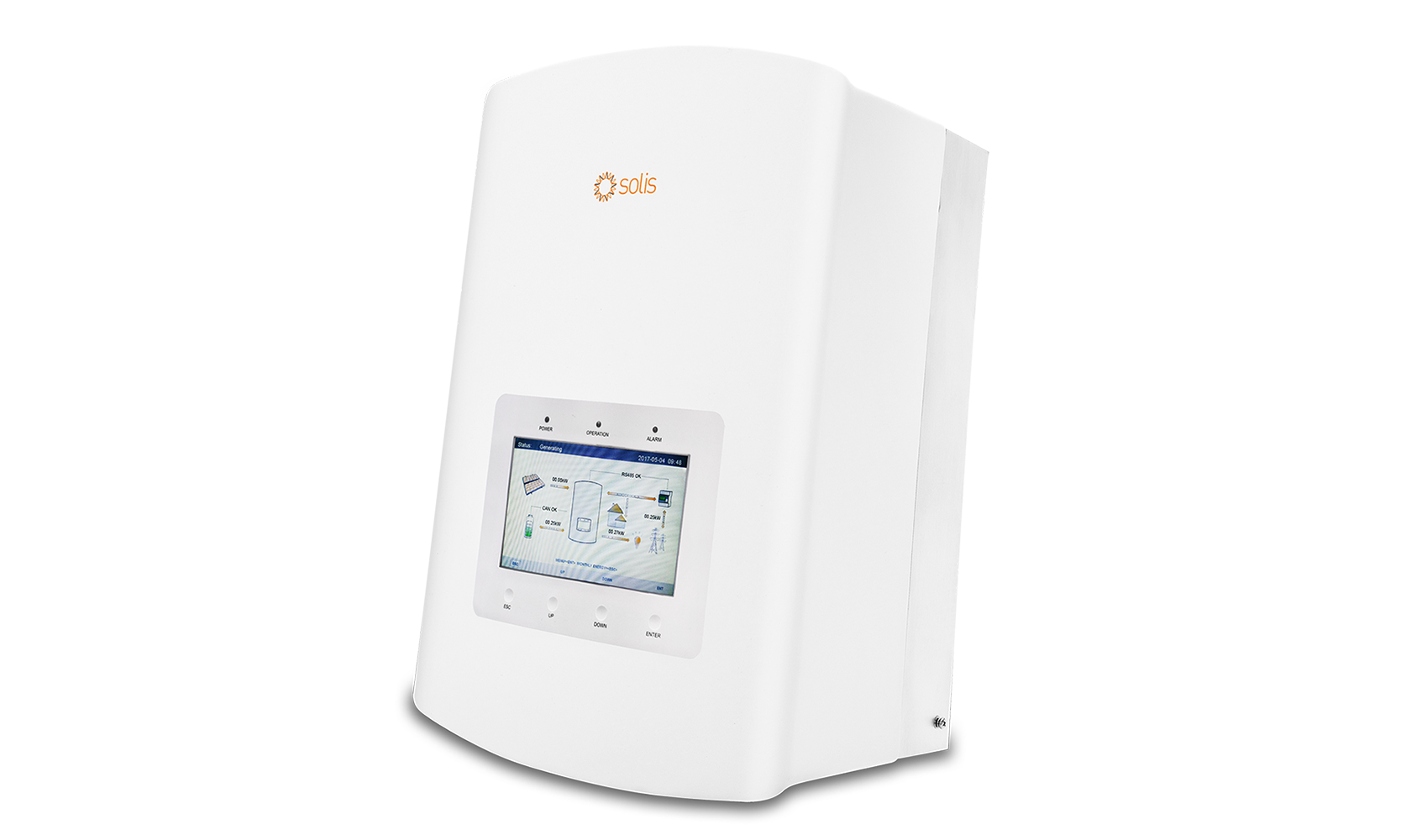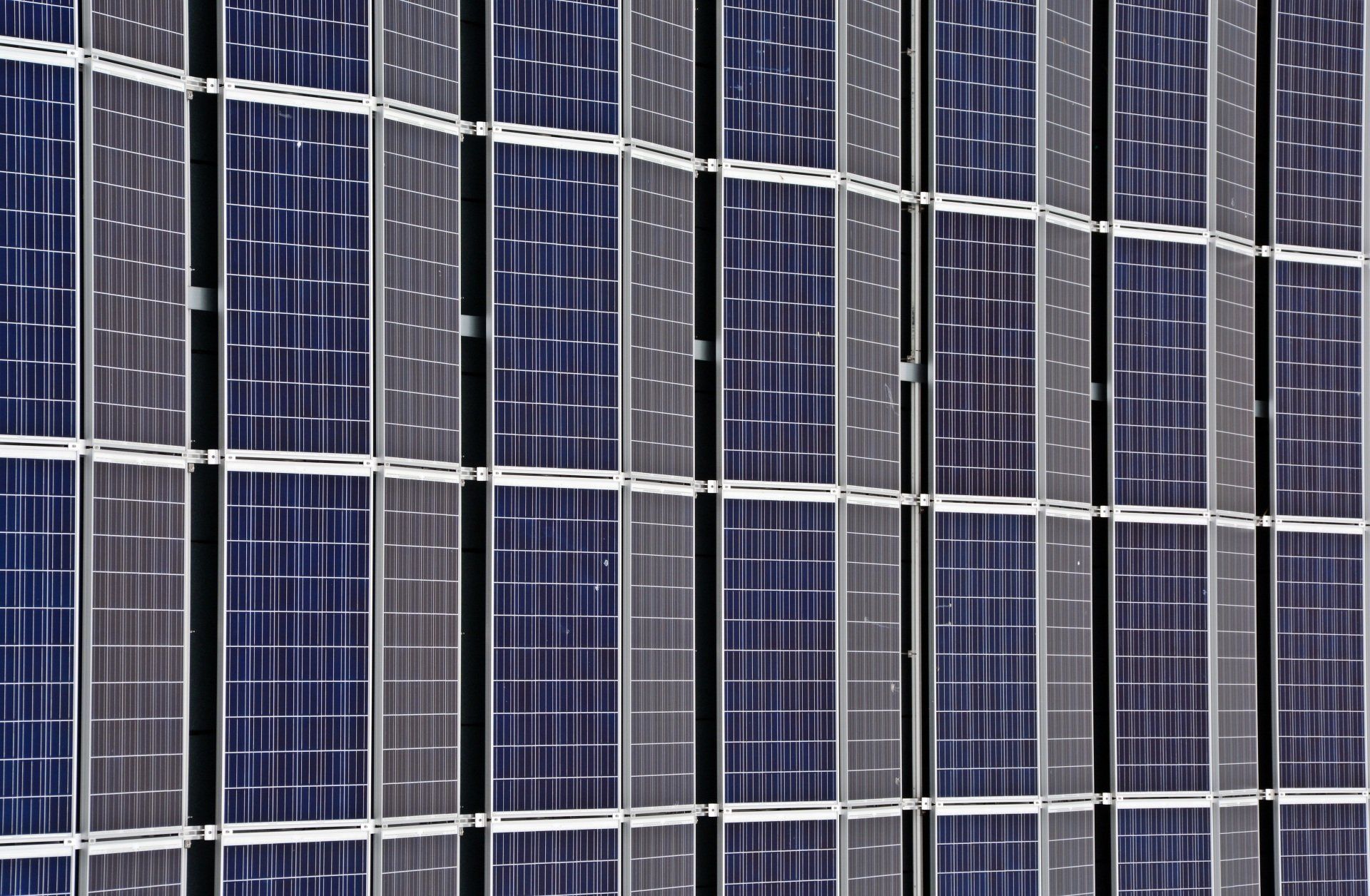5 Benefits Of Solar PV
Home solar PV (photovoltaic) systems have become increasingly popular in the UK in recent years, and for good reason. As a renewable energy source, solar panels offer a range of benefits for homeowners, both financial and environmental. In this blog, we’ll explore the top benefits of installing solar PV on your UK home.
- Reduced electricity bills: One of the primary benefits of solar panels is that they allow homeowners to generate their own electricity. By harnessing the power of the sun, you can reduce your reliance on the grid and lower your energy bills. In fact, according to the Energy Saving Trust, a typical 4kWp solar panel system can save a household between £85 and £220 per year on their electricity bills.
2. Earn money through the Smart Export Guarantee (SEG): In addition to reducing your energy bills, UK homeowners with solar PV can earn money through the SEG scheme. This government scheme requires energy suppliers to pay customers for any excess electricity they generate and export back to the grid. While the exact rates vary by supplier, homeowners can expect to earn around 5.5p per kWh of electricity exported.
3. Increased property value: Installing solar panels on your home can also increase its value. In fact, according to research from the Lawrence Berkeley National Laboratory, homes with solar panels sell for an average of 4.1% more than homes without them. This means that installing solar PV not only provides financial benefits in the short-term but can also increase the value of your home in the long-term.
4. Reduced carbon footprint: Another major benefit of solar PV is that it allows homeowners to reduce their carbon footprint. By generating their own electricity, homeowners can reduce their reliance on fossil fuels and lower their emissions. In fact, a typical 4kWp solar panel system can save around 1.3 tonnes of CO2 emissions per year.
5. Low maintenance: Solar PV systems are relatively low maintenance, with no moving parts to wear out or break. Most solar panels come with a 25-year warranty, and as long as they are installed correctly, they can last for decades. This means that once installed, homeowners can enjoy the benefits of solar PV with little ongoing maintenance.
In conclusion, home solar PV systems offer a range of benefits for UK homeowners. From reducing electricity bills and earning money through the SEG scheme to increasing property value and reducing carbon emissions, solar panels provide a range of financial and environmental benefits. Additionally, with relatively low maintenance requirements and long lifespans, solar PV is a reliable and cost-effective renewable energy option for UK homeowners.


Ready to get in touch?
Unit 21, Industrial Estate, Old Church Road, East Hanningfield, Essex, CM3 8AB
Expert EV & Expert Solar are trading styles of Expert Energy Group Limited.
www.expertenergygroup.co.uk
Company No: 13349877
VAT No: 383 7414 76
Expert Energy Group Limited


